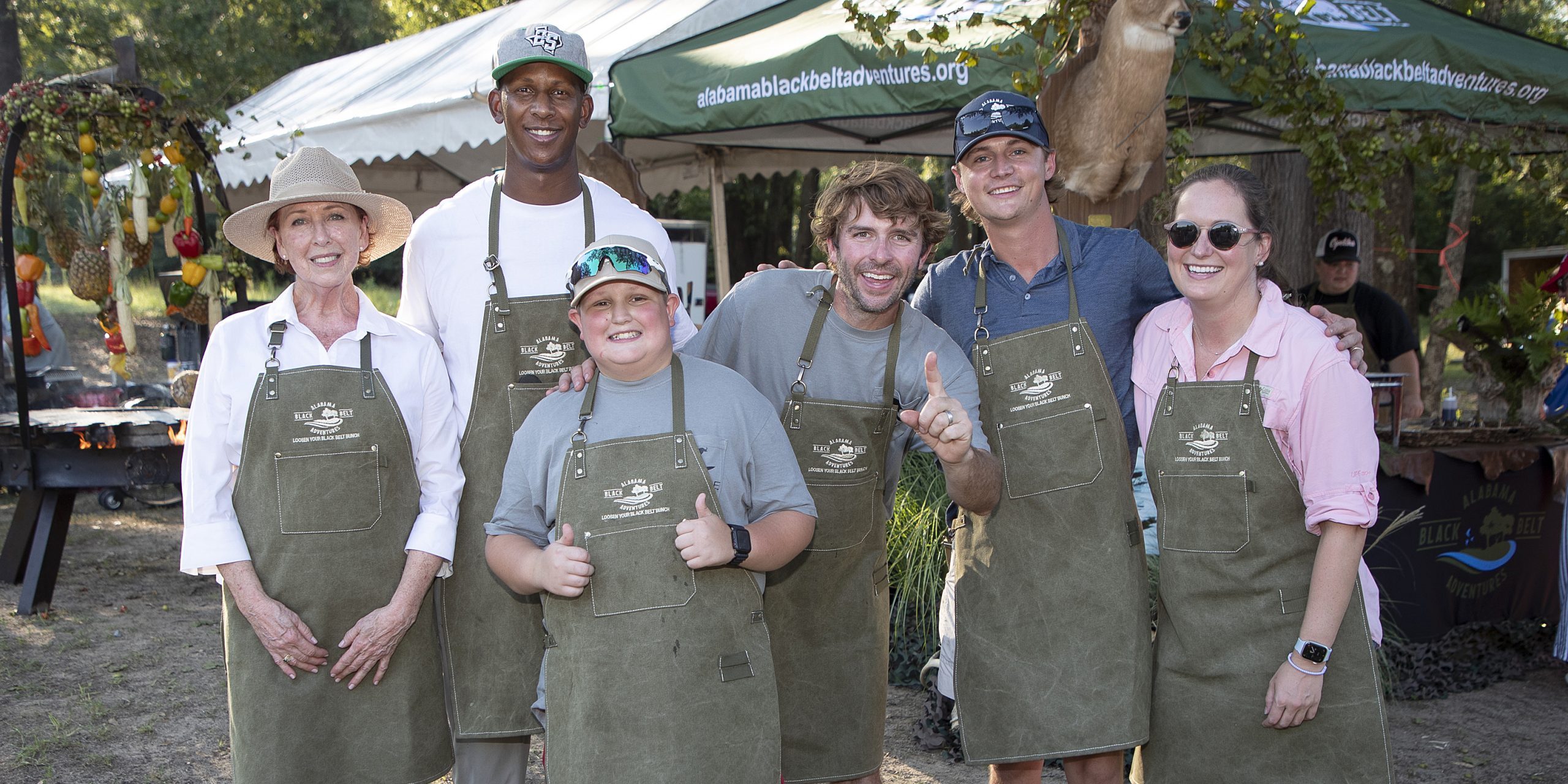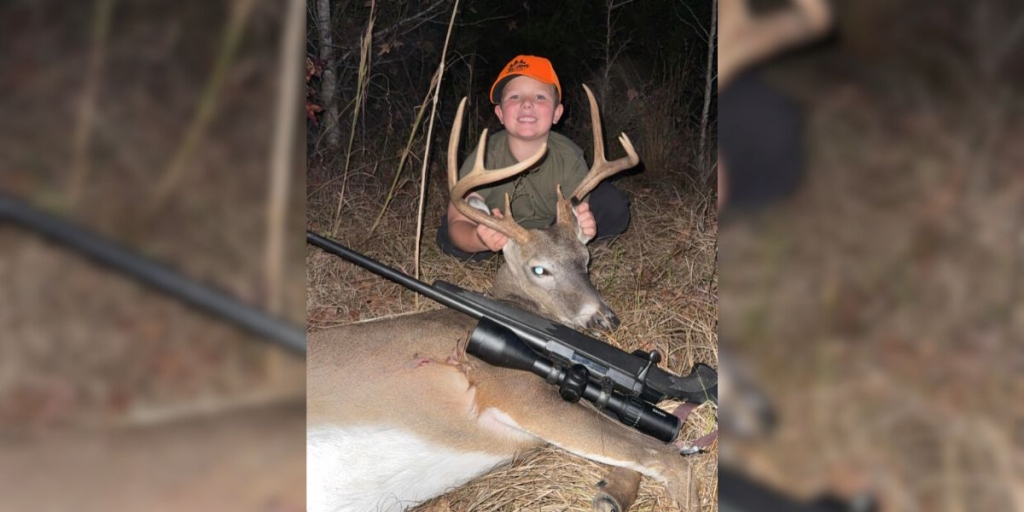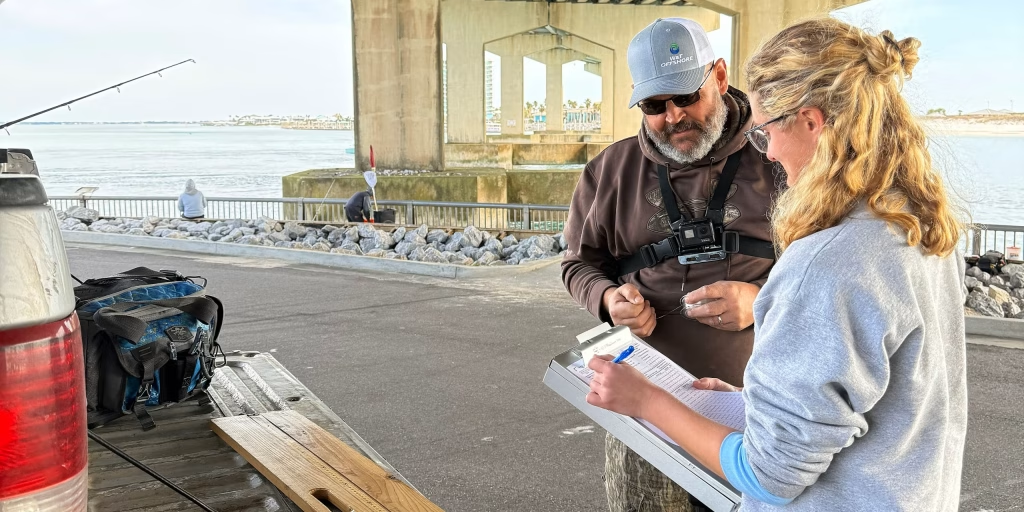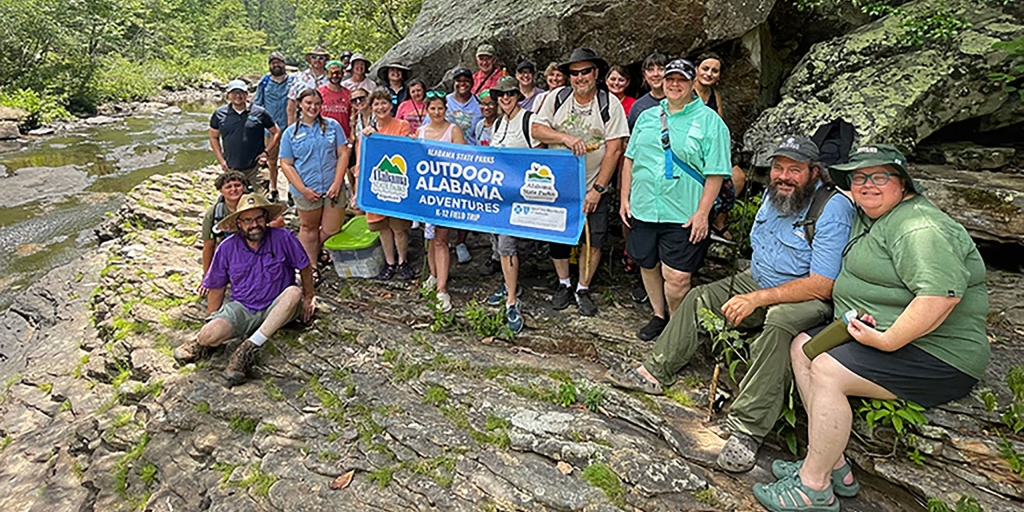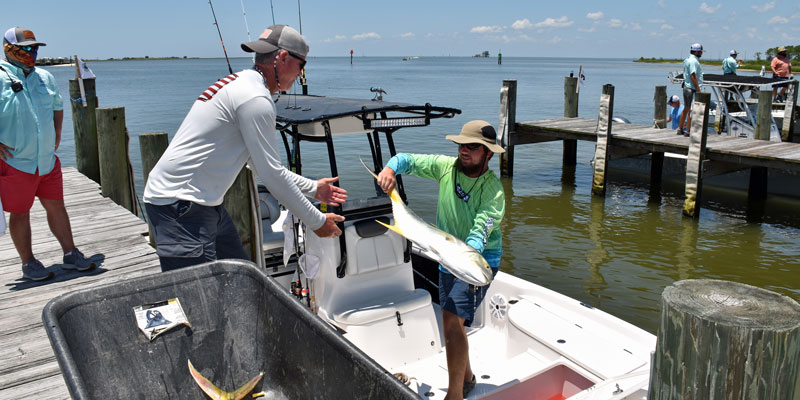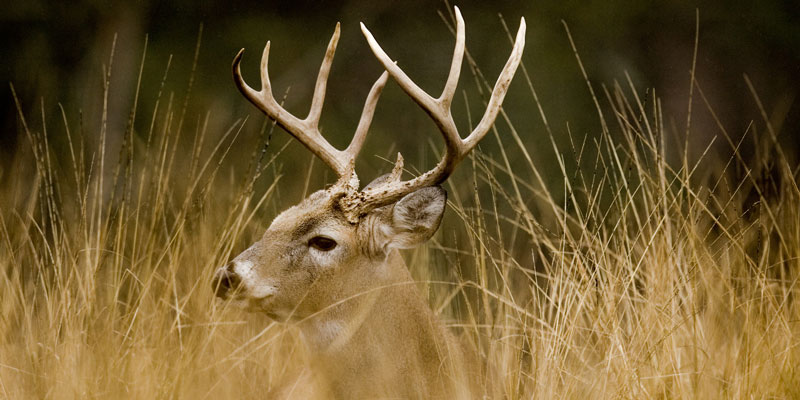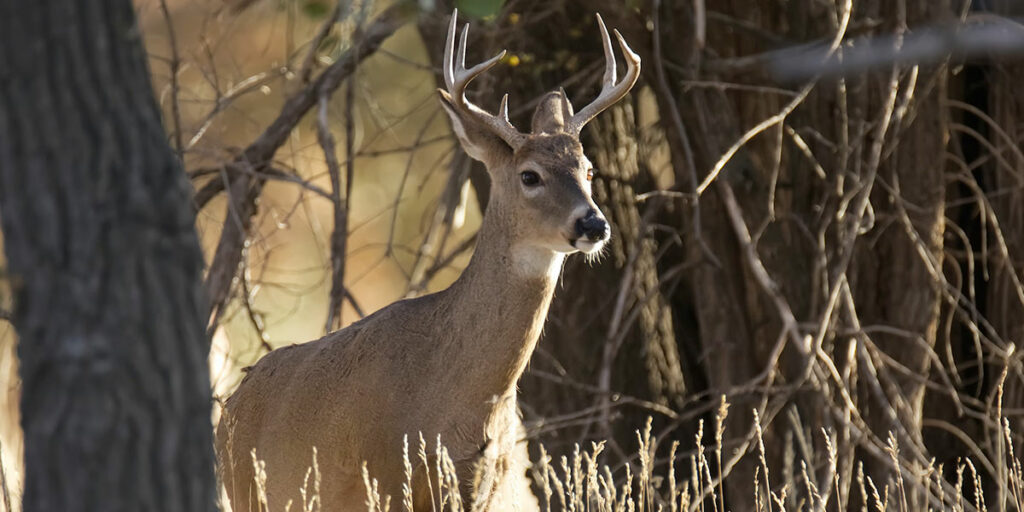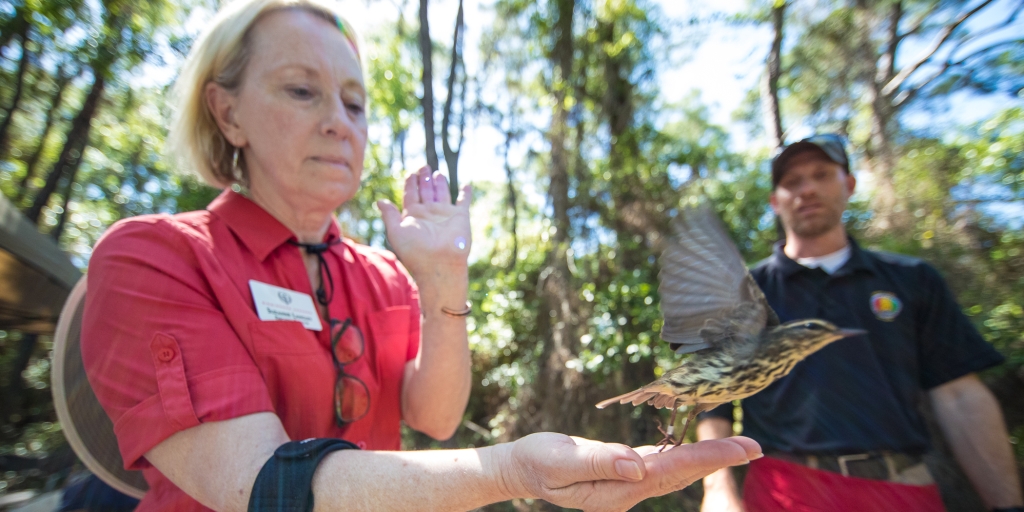Although it took two tiebreakers, 12-year-old Bryson McGlynn of Opelika was once again crowned a champion for his age-defying culinary skills. Last December, McGlynn won the Gordon Ramsay Master Chef Junior competition, which aired on Fox in May. Last weekend, McGlynn was crowned champion of the Alabama Wildlife Federation’s Wild Game Cook-Off State Finals at Millbrook.
Cooking for the Loosen Your Black Belt Bunch team that advanced to the finals after winning the Tri-County regional competition, McGlynn prepared a Venison Wellington dish that wowed the judges and those who got to sample the dishes at the event. Full disclosure, I was one of the judges, but all the dishes came to the judges’ table in similar Styrofoam containers with no identifying marks.
To realize later this intricate, delicious dish was prepared by a 12-year-old was quite an eye-opener.
As with most chefs, McGlynn has trouble providing quantities of ingredients, but he does a great job of detailing the preparation. He starts by finely chopping white mushrooms, four cloves of garlic and one shallot.
“We sauté them to where there was no liquid left in them,” said McGlynn, who has prepared two meals for Alabama Gov. Kay Ivey. “We add a little Worcestershire and olive oil to the pan to sauté the mushrooms, shallot and garlic.
“We seared our venison with just salt and pepper and garlic in olive oil. Then we took phyllo dough and spread some sheets out. We spread our mushrooms on the phyllo and then spread some Dijon mustard on the venison. We wrapped it up really tight in the phyllo. We refrigerate it for about 20 minutes. Then we took our venison and put it in puff pastry, kind of like a Hot Pocket. We take one sheet of puff pastry and egg wash it. We take another sheet of puff pastry and do some lattice work for presentation and egg wash that. We cooked it (400 degrees) for about 20 minutes or until the venison hit about 125 degrees, medium rare. The puff pastry should be a nice, golden color. We added a red wine reduction, but you can use any sauce you want.”

The recipe, as best McGlynn could produce on the spot, follows:
Venison Wellington
- 1 shallot
- 4 cloves garlic
- 8-ounce carton white mushrooms
- 1 tablespoon Worcestershire sauce
- 4 tablespoons olive oil, divided
- 3 sheets phyllo dough
- 1 venison backstrap or tenderloin
- Salt
- Pepper
- 2 tablespoons Dijon mustard
- 3 sheets puff pastry, enough to encase the venison and add decorative braids
- 2 eggs beaten for egg wash
- Serves 6-8
The dish that caused the judging to go into overtime was a crab-stuffed shrimp dish prepared by the Hog Heaven team of Hartselle.
Jody Wynn said he used 9-12 count (number of shrimp per pound) white shrimp to prepare the dish.

Crab-Stuffed Shrimp
- 1 pound blue crab claw meat
- 1 stalk celery, finely chopped
- 1-2 tablespoons mayonnaise
- 2 tablespoons breadcrumbs
- 1-2 teaspoons Heath Riles Cajun Creole Garlic Butter seasoning
- 2 pounds jumbo shrimp, peeled and deveined
- 1 pound bacon of choice, regular thickness
- Serves 6
Wynn said he combined the first five ingredients to make the crab stuffing. He split the shrimp down the back and deveined each one before brining the shrimp in a solution of sea salt water with a dash of Heath Riles seasoning for 30 minutes. He removed the shrimp from the brine and patted it dry before adding a spoonful of crab dip and then wrapping the shrimp in a half piece of bacon.
“I popped them on a hot grill – I use charcoal – and let them cook only long enough to get the bacon done,” Wynn said.
Another example of using prime Alabama Gulf Seafood landed the Jackson Volunteer Fire Department’s team in third place in the competition that featured a plethora of delicious wild game, fish and fowl preparations.
Smoke on the Water Red Snapper
- 6 fresh or frozen red snapper filets, preferably sliced into ½-inch-thick pieces
- 1/2 teaspoon lemon pepper seasoning
- 1 teaspoon garlic powder
- 1 teaspoon blackening seasoning
- 1 stick of butter
- 2 tablespoons olive oil
- Serves 6
Chris Johnson said the team used a heavy-duty foil container on his Blackstone griddle to prepare the snapper. The dish was served with brown rice and grilled asparagus.
“The key is to make sure you cut the bloodlines out of the fish and remove all the red meat,” Johnson said. “Another thing is if you’re getting the fish out of the freezer, don’t get it out too early or it will be mushy. It was half frozen when we started slicing it to get ready for the cook-off. After you season the fish, you put it in the pan with the butter. You want enough butter to where it’s simmering in the butter. You don’t want it to dry out. You keep flipping it so it doesn’t burn on the bottom. I have the griddle on about medium heat. You don’t want it to get too hot and cook all the butter out.”
A dish that didn’t quite make the podium but I thought was delicious enough to include was the Duck and Andouille Gumbo from the Builders’ Group team from Tuscaloosa. This was another dish where the quantities of each ingredient were added by taste instead of a recipe. The dish was prepared by Courtney and Beau Laird.
“We start by sautéing Conecuh and andouille sausage,” Courtney said. “After the sausage is cooked, we take it out of the pan and use the drippings to make our roux. It takes about an hour to make the roux (the most important part, Beau added). It’s low and slow on the roux. We grill a hen chicken. We save the meat for the gumbo and use the bones to make our own chicken broth. We chop up pounds and pounds of celery, onions, bell peppers, garlic and green onions and sauté them down before we add it to the roux. We add salt and pepper, Tony Chachere’s seasoning and Crystal hot sauce and cook all that down. Then we add the chicken stock.”
As for the meat, Courtney said duck and goose breasts are brined for two days before cooking in the oven and finishing on the grill. The chicken and waterfowl are shredded and added to the gumbo pot and simmered until tender.
To add another Cajun flare to the dish, the team adds a small scoop of potato salad to the gumbo.
“We do a real simple potato salad,” Courtney said. “We used redskin potatoes. We cube them and boil them. We drain them and add mayo. You’ve got to use Blue Plate mayonnaise. I know a lot of people like Duke’s, but Blue Plate has got that tang you need for the potato salad. We chop up boiled eggs and season with mustard, Tony’s seasoning, garlic powder and finish it with Tony’s hot sauce. The key is you want it really creamy, and it’s really important to make it a day ahead to let all those seasonings blend. The gumbo is better the next day too.”
Another dish that didn’t make the podium was the Smoked Duck Queso Dip, and the reason it didn’t place was because it was served as a side dish to the Venison Wellington. The duck dip was prepared by Bryson’s dad, Mike, nicknamed “Cheese” because he once hailed from Wisconsin. Although Bryson was born and reared in Alabama, he was later christened “Cheese Curd.”
“One thing I put in mine is a can of Cream of Mushroom soup,” Mike said. “That makes it a little bit creamier. It’s got equal parts of pepper jack, Monterey jack and cheddar cheese. I also add a little Velveeta. I take two jalapeńos and remove the seeds from one of them. I leave the seeds in one of them and finely chop both. I use a can of Rotel tomatoes and a finely diced red onion. I will make this dish with chorizo, but since this is a wild game cook-off, we used duck. We took the grilled duck breasts and did a double grind on them. I added a Fiesta seasoning to give it a good flavor. Then we added all the ingredients into our pan and smoked it for a little over an hour at 250 degrees. You have to be careful with cheese because it can absorb too much smoke.”
If you want to get an inside look at the AWF Cook-Off Finals, you can tune in to the Outdoor Channel in late fall. Look for the ‘Dead Meat’ episode on with Scott Leysath and Donny McElvoy of Huntsville, who recently authored the book “Duck Blinds I Have Known.”
“My roots go back to Alabama,” Leysath said. “My dad was born and raised in Grand Bay and went to Alabama Polytechnic. I have since relocated west of here. I produced a show called ‘The Sporting Chef’ here and then ‘Hunt, Fish, Cook’ with Donny McElvoy. We’re doing a reunion with Donny Mac.
“This – events like the AWF Wild Game Cook-Offs – doesn’t happen anywhere else in the country. Some places do a cook-off once a year but nothing that builds up to something like this. We’ve seen how people have upped their games with wild-game cooking over the past several decades. Ducks I grew up with were stuffed with something and cooked too long. The stuff they’re doing today is impressive.”
McElvoy said visiting the AWF State Finals is definitely a homecoming for him.
“This is nothing new for us,” McElvoy said. “It’s the dog days of summer, and all these cooking teams are fantastic. They earned their way here. Scott wanted to come to Alabama and do a couple of shows, and we’re doing what I guess you would call a family reunion show. The show will air on the Outdoor Channel. The best I can tell you right now is it will be on in mid to late November.”




